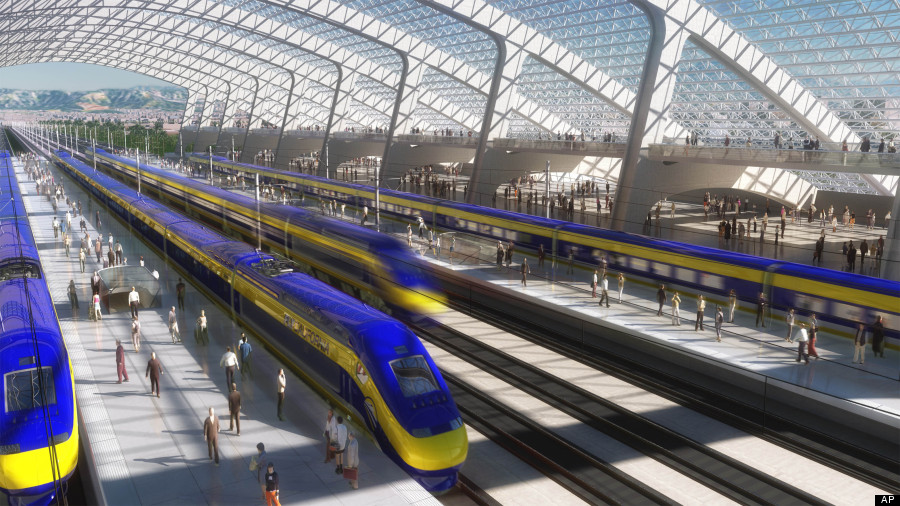”Ronald Reagan is not the President—he’s the host of the country,” Richard Belzer quipped in 1982, years before he would begin an endless portrayal of a homicide detective of vaguely Norwegian ancestry. Yes, he was correct to a good extent, but at least the Hollywood-failure-cum-successful-politician was right about some things some of the time. At the very least, he understood that Nazis and Kremlinites needed to be defeated, not defended.
Of course, there’s only been a further devolution since our 40th Commander-in-Chief, as Donald Trump is also not the President and not even the host despite playing one on TV—he’s the ignorant, fascist pornographer of the country. The good news is that he will soon likely be met with fire and fury like the world has never seen, courtesy of Robert Mueller. The downside is that until that time more people in Puerto Rico will needlessly die and perhaps the nuclear football will be fumbled.
· · ·
Despite Trump’s utterly awful performance as President—something that anyone with a thumbnail of brain matter could have predicted—I’m still surprised that even the most hardcore of his erstwhile supporters that I encounter during my daily routine have turned away from him inside of ten months, now deriding him with the Trumpish imprecation “loser.” It’s only a dozen or so people, a small sample size to be sure, but the broader numbers say a softening of the base is indeed occurring.
· · ·
If it dawns on the dimmest and most damnable among us that we won’t actually find the future in a dark corner of a coal mine, what will be our path forward, after we’re done squandering precious time as China rushes ahead on EVs, solar and supercomputers? Climate change and a growing non-white population make it unlikely the Texas model will rule America tomorrow, but perhaps clues can be gleaned further West.
The opening of “California Is the Future,” a Medium essay by Peter Leyden and Ruy Teixeira about the terrain they believe is ground zero for a new and necessary Enlightenment:
America is stuck between two historical eras. That’s the best way to understand the strange, unprecedented politics of Trump, the political polarization and paralysis of government, the deep dissatisfaction of public opinion, the lack of trust in all institutions — all of it.
The post-Industrial era that blossomed in the second half of the 20th century is over. That world of secure manufacturing jobs, generally homogenous societies and respected traditional institutions is done. And while it’s over from a dispassionate historical perspective, it’s markedly not done in the minds of many. This is half the problem: Too many people are hanging onto a worldview and way of life that is fast slipping away. The other half of the problem is that almost no one knows what will replace it.
To that we say:
California is the future. That’s the best way to understand the way forward for America, and ultimately the world. California is roughly 15 years ahead of the rest of America in confronting the very different realities of the 21st century.A world of transformative new technologies with capabilities that we are only just beginning to fully comprehend and harness. A polyglot world of diverse mixes of races and ethnicities that are both super-creative and periodically combustible. A world that increasingly is shaped by climate change and the immense challenges it poses for all of us.
California not only has faced up to the 21st-century challenges, but it’s begun to seriously adapt to them. Californians saw waves of new technologies early, then got a jump on leveraging and accommodating them, and occasionally constraining them. They began integrating a massive influx of Latino and Asian immigrants, coping with diversity in schools and work, and coming to terms with whites being the minority. Californians took a beating in climate-related catastrophes like the recent drought, and have aggressively moved forward with some of the most ambitious clean energy and sustainability measures in the world.
California is the future of American politics as well. The once Red and now deep Blue state has largely figured out a new political way forward for itself and by extension for America — as well as for other democracies — that’s up to the new realities and immense challenges of the 21st century. This is the most important insight for this historical juncture, this time of despair. It’s also the most difficult point for Americans on the east coast and the heartland to accept. But there is a compelling case to be made, based on data and an understanding of history, that what’s happening right now in California is going to come to the rest of America much sooner than almost anyone thinks.•
Tags: Peter Leyden, Ruy Teixeira

